MercoPress. South Atlantic News Agency
Latin America
-
Friday, December 17th 2010 - 07:09 UTC
Chile could be next country to recognize Palestine with borders prior to 1967
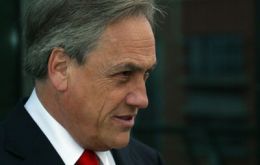
The decisions by the governments of Brazil and Argentina last week to recognize an independent Palestinian state with borders prior to the 1967 Six Day War has prompted criticism from the United States and intense lobbying in Santiago de Chile.
-
Thursday, December 16th 2010 - 18:28 UTC
Argentina’s top businessman warns about inflation and Chinese investments
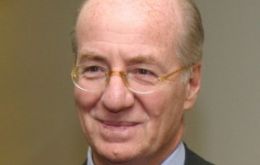
Argentina’s most influential businessman warned about the “inflationary escalade” which, if not contained can lead to an unfavourable climate for investments. Paolo Rocca, Techint group CEO made the statements during an entrepreneurs’ forum where he called for “business responsibility”, “clear rules of the game”, “transparency” and questioned the landing of Chinese oil corporations in Argentina.
-
Thursday, December 16th 2010 - 17:24 UTC
Chilean farmers predict agriculture upturn for 2011

The National Agriculture Society (SNA) this week predicted 2 to 4% growth in 2011 for Chile’s agriculture-based industries, compared to this current year’s dismal 1.9% growth.
-
Wednesday, December 15th 2010 - 04:17 UTC
Mercosur with the best growth performance in the region in 2010
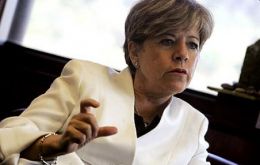
Mercosur full member countries with the exception of Brazil will have the best growth performance in the region this year, according to the annual report from the UN Economic Commission for Latin America and the Caribbean, Cepal which was announced this week in Santiago de Chile.
-
Wednesday, December 15th 2010 - 02:48 UTC
Polish yacht grounded in Beagle channel with loss of two crew members
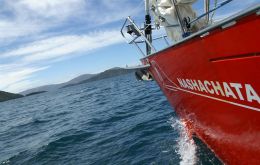
The bodies of two crew members from a Polish flagged yacht that grounded in the Beagle Channel, extreme south of Argentina, have been recovered by Argentine naval patrols, reported late Tuesday the Ushuaia based Search and rescue centre.
-
Tuesday, December 14th 2010 - 14:11 UTC
Uribe confirms Wikileaks: he was prepared to cross into Venezuela territory
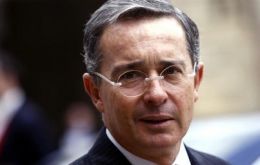
Former Colombian president Alvaro Uribe (2002-2010) confirmed the contents of a confidential US State Department confidential cable exposed by Wikileaks, according to which he contemplated sending troops across into Venezuelan territory to capture and arrest FARC guerrilla leaders.
-
Tuesday, December 14th 2010 - 14:05 UTC
Colombia’s Ecopetrol announces seventh technical oil discovery in 2010
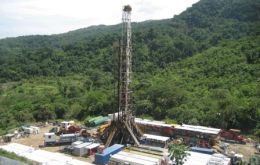
Colombia’s Ecopetrol has reported oil shows from a second stratigraphic well on the Cano Sur block, where Shell holds a 50% stake. Ecopetrol said that it completed drilling of the Draco-1 well, located in the southeastern province of Meta.
-
Tuesday, December 14th 2010 - 06:43 UTC
Bolivia’s first (Chinese built) telecommunications satellite operational by 2014
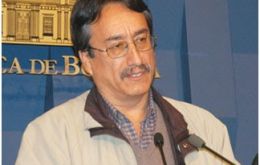
The Bolivian Space Agency (ABE) and the Chinese Great Wall Industry Corporation signed a commercial contract for the construction and launching of the first Bolivian telecommunications satellite, which has been baptized Tupac Katari.
-
Monday, December 13th 2010 - 03:01 UTC
Chavez asks for decree powers ahead of new stronger parliament
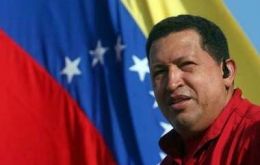
Venezuelan opposition leaders fear President Hugo Chavez will use special decree powers he has requested to override an electoral setback that stripped him of a super-majority in parliament.
-
Saturday, December 11th 2010 - 00:44 UTC
Glaciers in Chile and Argentina are melting at the fastest rate
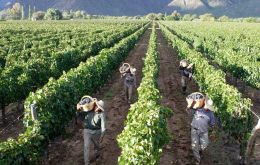
Glaciers in Chile, Argentina and Alaska are melting at the fastest rate, according to a report compiled by the United Nations Environment Program (UNEP) and presented this week at the UN climate change talks in Cancún, Mexico.
